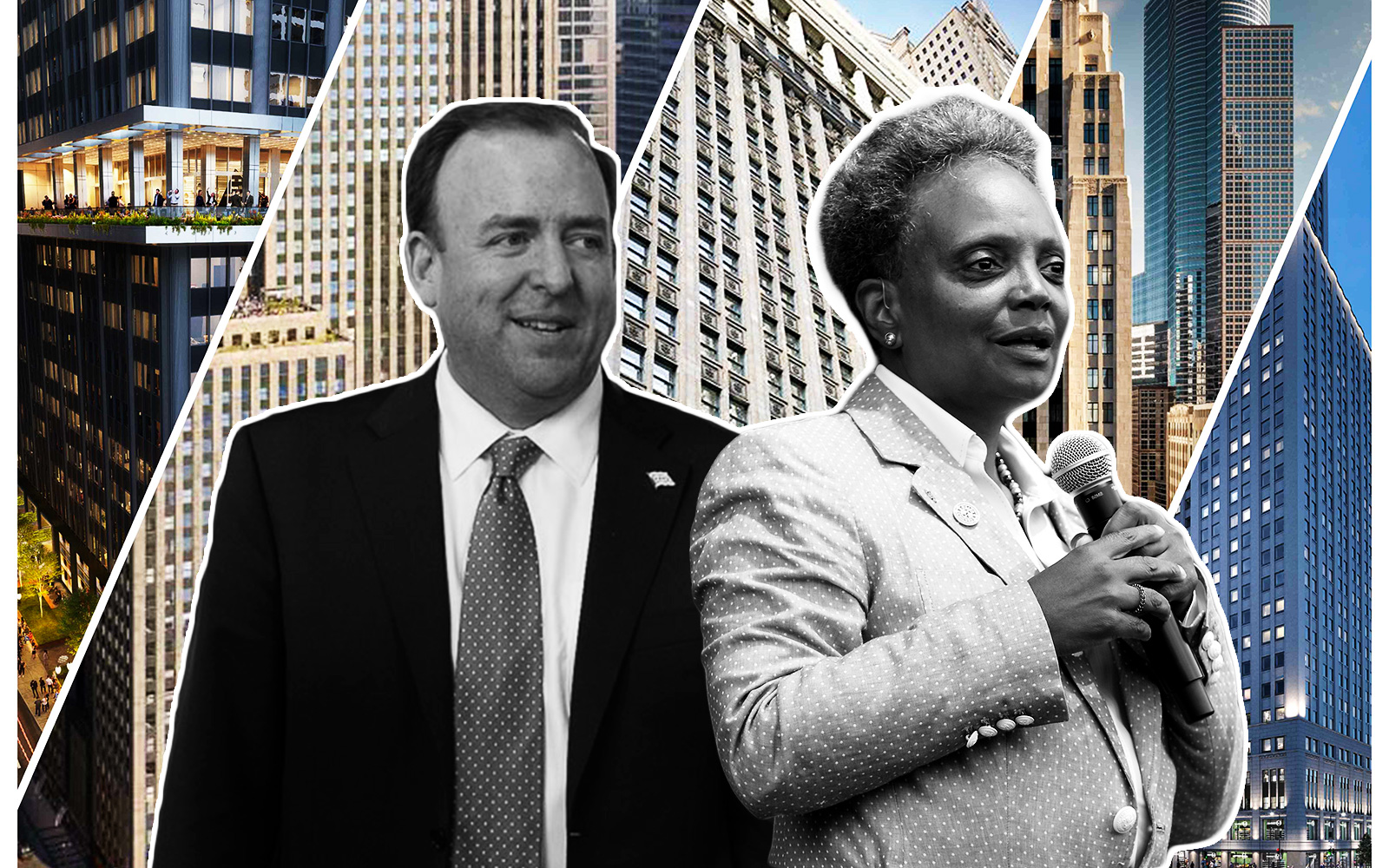Chicago is offering unprecedented public subsidies to convert outdated office buildings into apartments and hotels, the Wall Street Journal reported.
Office-to-resi initiatives in Chicago are more extensive than similar efforts in other major U.S. cities, largely because Mayor Brandon Johnson has thrown his weight behind this movement.
After a proposal to increase real estate transfer taxes drew opponents from much of Chicago’s business community, Johnson has embraced pro-business measures to save the downtown office market, including the appointment of real estate executive Ciere Boatright to lead the Department of Planning and Development.
“He does not want to be the mayor who loses downtown,” David Reifman, a lawyer and former commissioner of the city’s planning and development department, told the outlet.
Johnson recently endorsed a plan to convert four downtown office buildings into more than 1,000 apartments, a proposal initiated by his predecessor, Lori Lightfoot. The plan, partly funded by $150 million in city subsidies, requires about one-third of the new apartments to be affordable.
Chicago’s office market has been hit hard by the pandemic-fueled remote-work era. Three-quarters of the city’s office loans converted into securities are either in default or at risk of default — the highest rate among all U.S. metros, according to data from KBRA Analytics.
Office vacancies have soared to 16.3 percent, up from 11.9 percent in early 2020 and well above the national average of 13.8 percent, according to CoStar Group. However, separate data from CBRE indicates a vacancy rate of more than 25 percent last quarter, marking a record for the seventh straight quarter.
Some downtown office buildings have sold for less than a quarter of their previous valuations since the pandemic. While average asking rents have fallen only slightly, new supply of office space is shrinking due to financial struggles facing many landlords.
“There are fewer landlords competing for tenants because so many buildings are in this zombie state,” Michael Reschke, a prominent Chicago developer, told the outlet.
The city’s conversion plan capitalizes on its many pre-World War II buildings, which are well-suited for residential adaptation. Plus, the financially distressed state of these properties could ease the path for conversions by allowing buyers to acquire them at discounted prices, making renovations more feasible.
Yet, Chicago’s ability to continue subsidizing such projects is constrained by declining office property values, a major source of the city’s property tax revenue. Moreover, the impending end of federal aid from the Biden administration’s $1.9 trillion American Rescue Plan poses additional financial challenges.
—Quinn Donoghue
Read more



